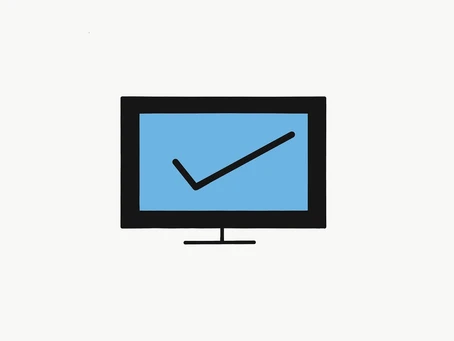Which Antivirus Software is Truly Free
Share

Which Antivirus Software is Truly Free
Image Courtesy: pixabay.com
Background
In today’s interconnected digital world, the significance of cybersecurity cannot be overstated. With cyber threats evolving at a rapid pace, having a reliable antivirus software has become a necessity. Amid the multitude of options available, the concept of a “free” antivirus software often raises suspicions. Are these offerings truly free, or is there a hidden catch?
What is a free Antivirus software?
Before exploring the nuances, it’s crucial to define the characteristics of a genuinely free antivirus software. Such a software offers essential security features without any cost, ensuring that core functionality like real-time scanning, malware detection, and regular updates are available to users without any hidden charges.
Understanding the Freemium Model
A common misconception arises when antivirus vendors provide both free and premium versions of their software. While this practice, known as the freemium model, is prevalent, not all free antivirus offerings are created equal. Genuine free software provides comprehensive protection, whereas some freemium models offer limited protection with the hope of upselling users to a premium package for full security features.
Closer Look at Avast and AVG
Two names that have often been associated with free antivirus options are Avast and AVG. However, these brands have faced criticism for their questionable freemium models. In the past, both Avast and AVG were embroiled in controversies regarding data collection from their free users, which they then sold to third parties. Such practices not only breach user privacy but also undermine the very essence of antivirus software, which is to protect user data from external threats.
Windows Defender: A Genuine Contender
Contrary to popular misconceptions, Windows Defender, the built-in antivirus solution in Microsoft’s operating systems, stands as a truly free and authentic option. Over time, Windows Defender has made substantial advancements in its malware detection capabilities, offering robust real-time protection against a wide array of cyber threats. While it may lack the bells and whistles of premium alternatives, its core functionalities are more than sufficient for the average user.
ClamAV the Free Antivirus
The open-source movement has also birthed genuine free antivirus options that put user security first. ClamAV, an open-source antivirus engine, exemplifies this approach by providing reliable malware detection and removal at no cost. The transparency inherent in open-source software ensures that there are no hidden agendas or backdoors that might compromise a user’s security.
Steering Clear of Counterfeit Free Antivirus
Regrettably, the internet is teeming with fake free antivirus software that pretends to be genuine protection but is laden with malicious intent. To avoid falling victim to such scams, users must adopt a vigilant approach:
Research is Key: Prior to downloading any antivirus software, engage in comprehensive research to gauge the reputation of the software’s developer. Stick to well-known and respected names within the industry.
Rely on Reviews: User reviews and independent testing lab results serve as invaluable resources that shed light on the effectiveness of a given antivirus solution.
Read the Fine Print: It’s imperative to carefully read the terms of use and privacy policy to ensure there are no hidden costs or data-sharing clauses associated with the antivirus software.
4. Beware of Pop-ups: Fraudulent antivirus pop-ups often impersonate legitimate software. Never click on pop-ups that claim to have detected malware on your system without verifying their legitimacy.
Final Note
In the realm of antivirus software, the term “free” can often be a misnomer, blurring the line between genuinely free and freemium offerings. While some providers have tarnished the reputation of free antivirus with questionable practices, there are undoubtedly legitimate options available. Windows Defender and open-source solutions like ClamAV stand as proof that core security features can be provided without compromising user privacy. To steer clear of fake free antivirus software, users must exercise caution, conduct thorough research, and opt for reputable options.


